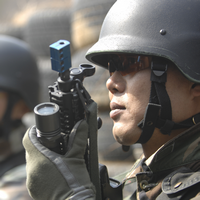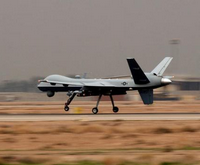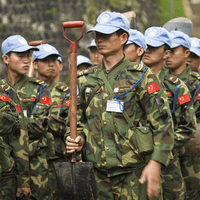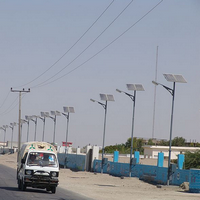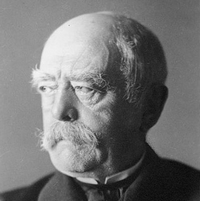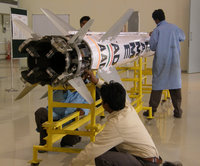
Editor’s Note: This article was first published on Nov. 10, 2009, as part of the WPR feature “China’s Once and Future Rise.” It is made available here for free as part of a promotion that ends Jan. 5. To experience more of WPR”s subscription service, sign up for 30-day free trial. On Oct. 1, the People’s Republic of China celebrated the 60th anniversary of its founding, most notably with an air show and military parade along Beijing’s Orwellian-sounding Avenue of Eternal Peace. The event showcased China’s arsenal of indigenously made fighter aircraft, tanks and newer-generation Dongfeng missiles, capable of delivering […]

